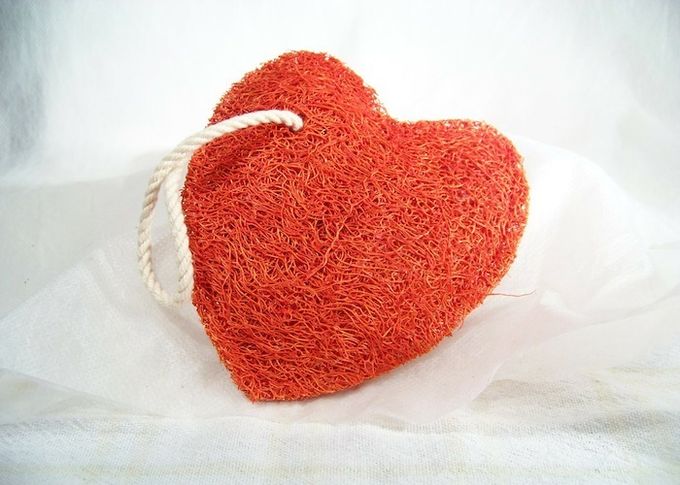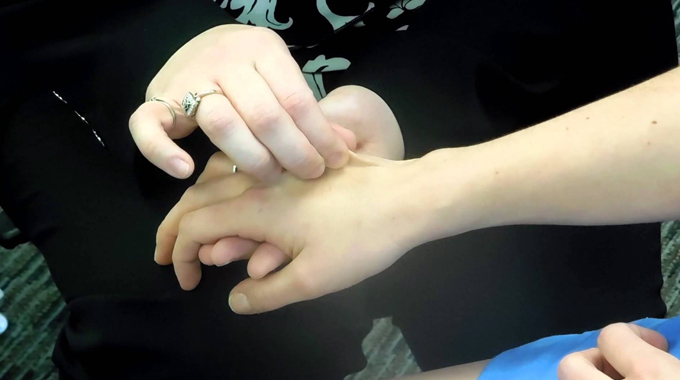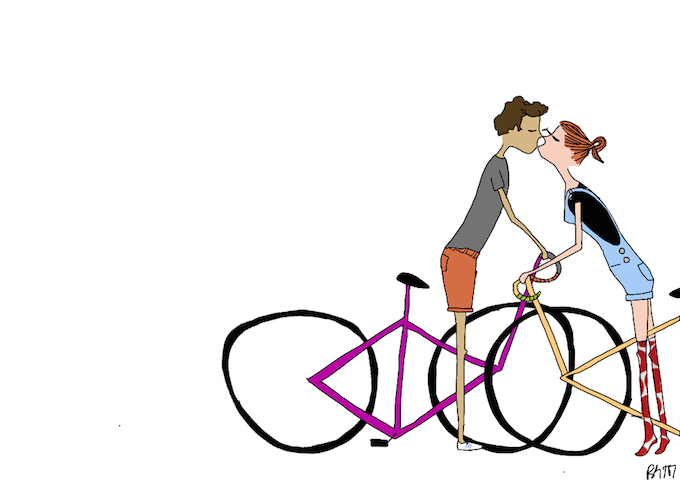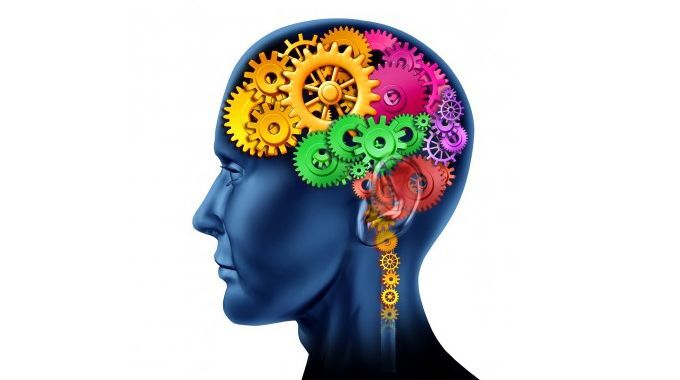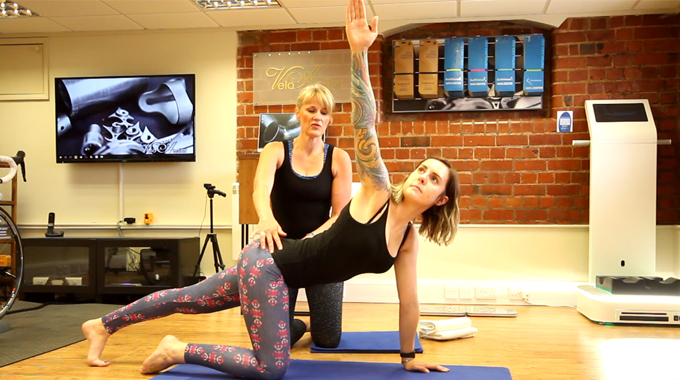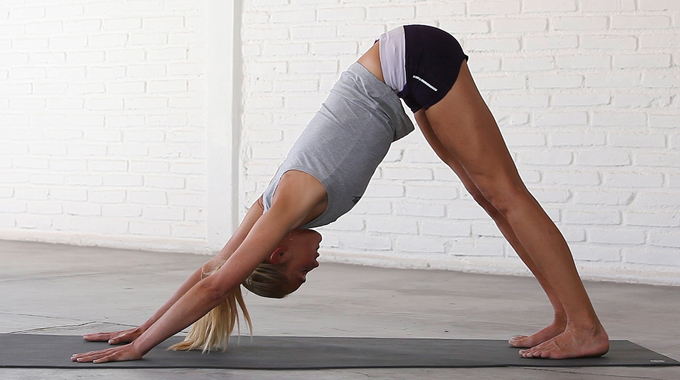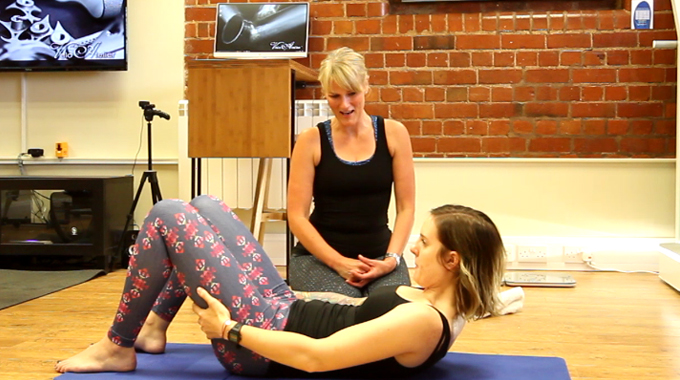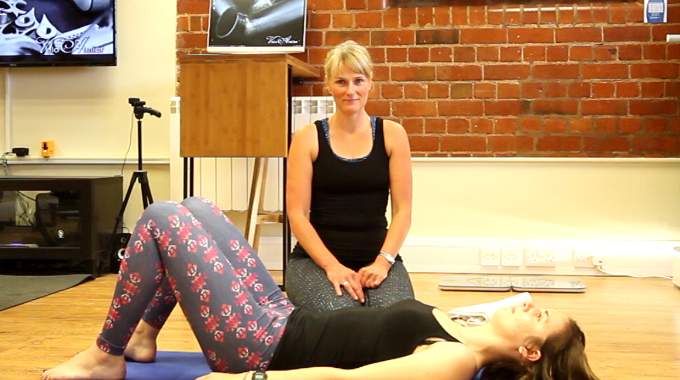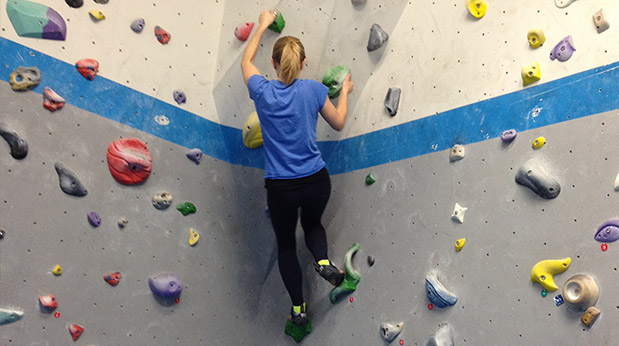One of the most important pieces of kit to take with you on any ride is a full water bottle, with enough fluids to see you through your adventure. If you’re ill-equipped, you may suffer from serious dehydration.
Dehydration is a serious problem amongst athletes and those putting their bodies through regular or intense exercise. The recommended daily intake of water for an adult is approximately 2 litres, but this should be increased during periods of training, and even over your monthly visit when your core temperature rises.
How to manage your hydration levels on the bike
It may not be as sunny recently, but it’s certainly still humid – and it’s important to remember that you sweat as you ride even when the weather is cool.
So what happens when you’re not replenishing the water tanks properly?
What is Dehydration?
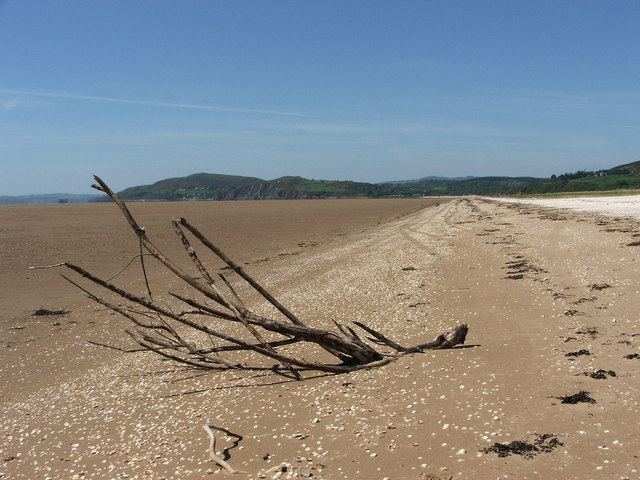
The human body is approximately 2/3 water, and that liquid plays a vital role in how our body functions. It aids the lubrication of the eyes and joints while contributing to a healthy digestive system. When water is lost, it affects the salt balance in the body which will hinder your performance.
When the your body’s water content drops by 1-2 per cent, you’ll begin to feel thirsty because your body needs you to replenish lost fluid. Losing more than this can result in a number of symptoms which, if left untreated, can lead to severe health issues which require medical assistance.
Being thirsty is one of the more obvious signs of being dehydrated, but there are other subtle alarm bells you should get familiar with before your body and workout begin to suffer.


